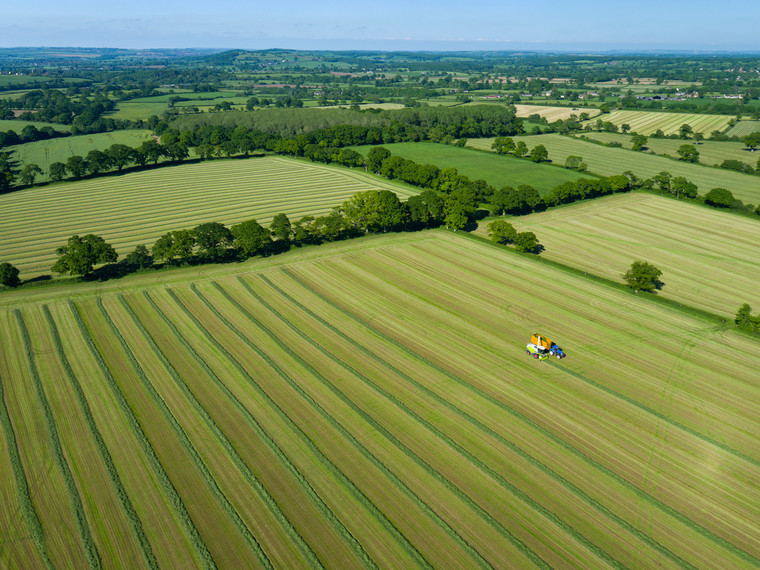Land is now being identified that would be suitable for the transition from grazing to woodland, working with farmers and landowners looking to release capital by selling small or larger acreages of marginal hill or arable land. This would be appropriate for areas typically of over 200 acres in size, or an entire farm, where the land is suited to conversion to forestry.
The institutionally backed Forestry Carbon Sequestration Fund (‘FCS fund’) has raised an initial £30 million equity target with Willis Towers Watson, for investment in suitable land, with further funding potential available should targets be reached.
The fund is open to private, off-market deals, with land valuations carried out by an independent professional valuer and acquisitions paid for at market value. Where land is deemed suitable, the transaction process can be swiftly achieved given that the required capital for purchase is already in place.
Each planting scheme will be individually designed and managed for the long term by a professional forestry team, with both amenity and ecological objectives taken into account, alongside the main objective of quality timber production.
True North CIO and Fund Manager, James Jackson, added: “We are in the process of identifying farmland suitable for tree planting, providing farmers and landowners with the opportunity to release capital from suitable land sales. This might allow for restructuring of an existing business; provide the opportunity to expand or introduce new enterprises through diversification; or provide the means by which to downsize or retire, potentially with the opportunity to continue to live in a residential property on the farm.
“The result will not be the squares of monoculture sitka spruce of the past; instead sensitive ecological designs will ensure that planting is individually designed and right for the area in which it is situated, with local stakeholders engaged with on the design. Ongoing management by a professional forestry team will nurture the crop to maximise both its timber crop yield and the associated carbon sequestration. We are seeking to deliver premium timber that will have long term use in construction that will lock up carbon beyond harvest.”
Decades old constraints on timber production in the UK have impacted on current and future supply, resulting in heavy reliance on oversees imports. The future for UK timber assets is underpinned by the convergence of a structural supply shortage with long term demand growth particularly as construction fundamentally changes moving to less polluting components.




